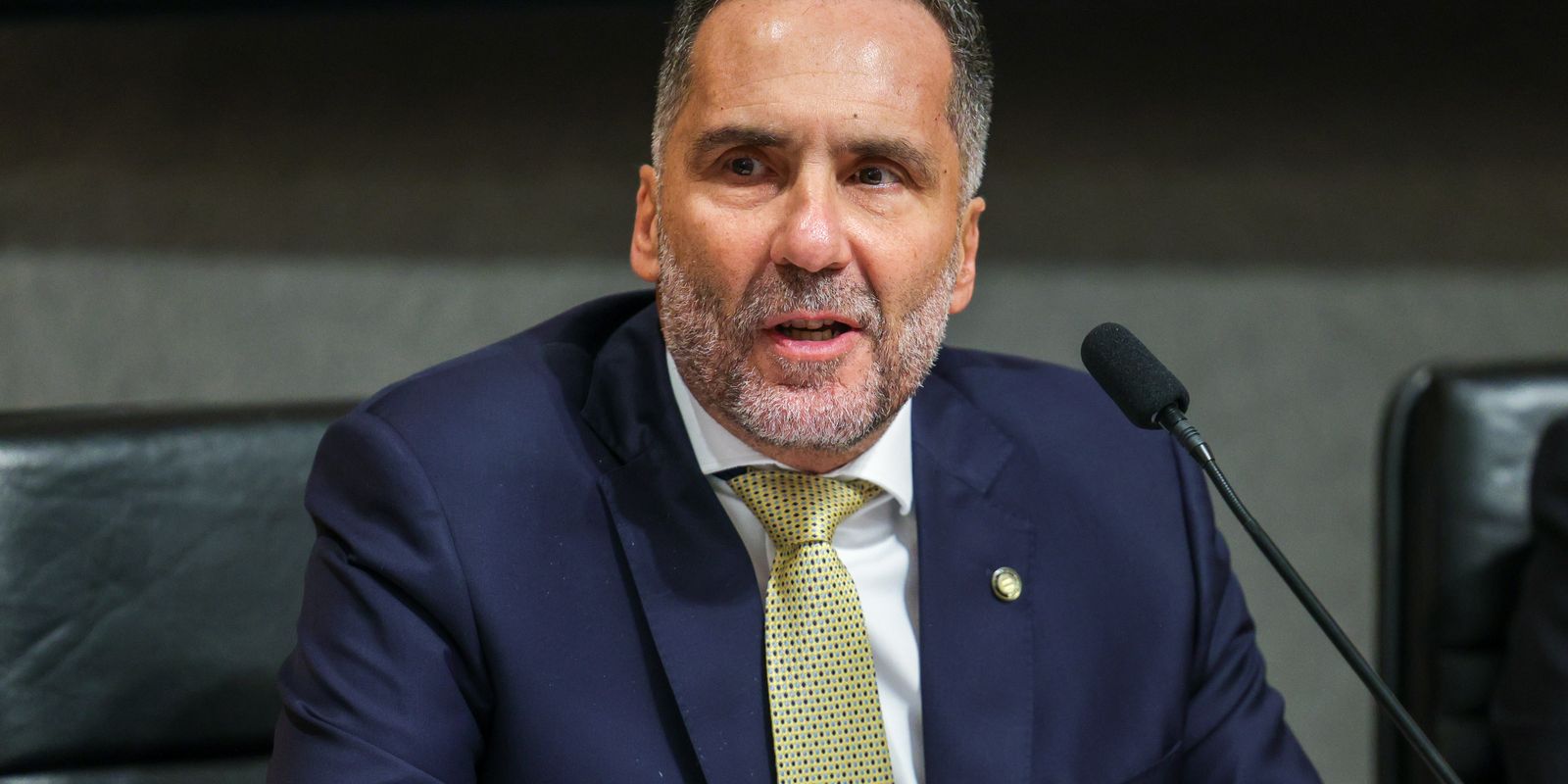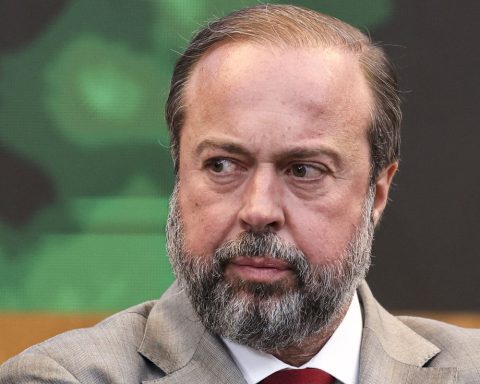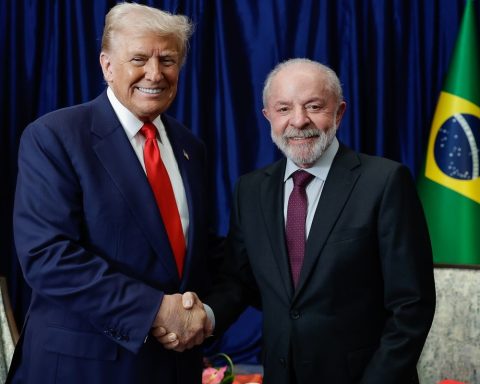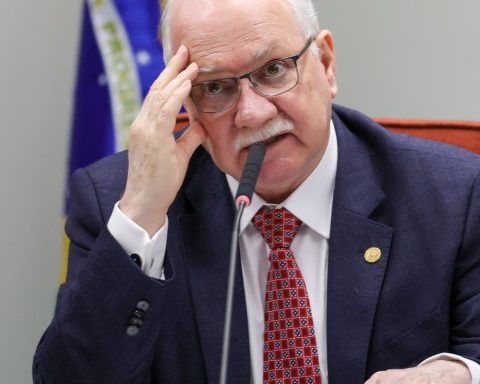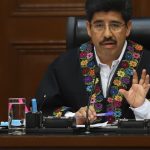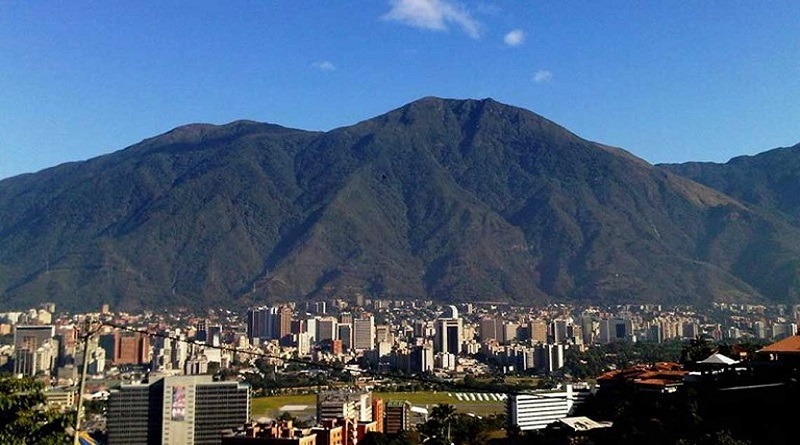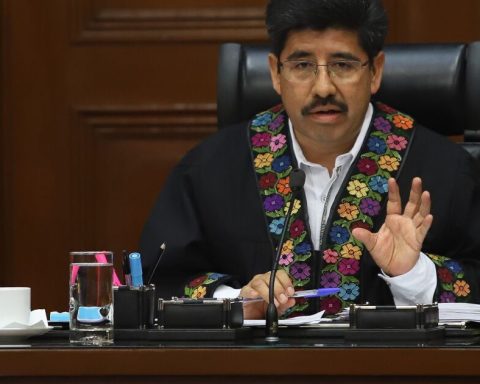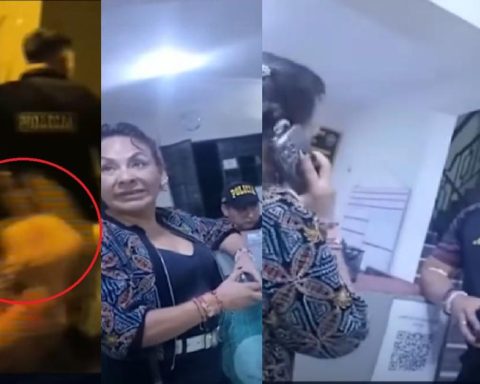The federal government intends to create an integrated information center for regional police forces, in order to promote the exchange of data between states, the Federal Revenue Service and the Financial Activities Control Council (Coaf), anticipated the national secretary of Public Security, Mário Sarrubbo, in a seminar at the Pontifical Catholic University of São Paulo (PUC-SP), this Friday (20).
According to Sarrubo, the initiative seeks to address public safety in an integrated and horizontal manner, with greater transparency and effectiveness in police actions throughout the country. “Without intelligence, we will not be successful. We need to make criminal activity more expensive and more difficult, uniting police forces with integrated systems and secure governance,” said the secretary.
The Public Security and Democracy seminar, held by the D. Paulo Evaristo Arns Human Rights Commission and the Vladimir Herzog Institute, brought together authorities, experts and researchers to discuss public security in the democratic field.
In another discussion panel, law professor, jurist and writer Gabriel Chalita analyzed the topic based on authoritarian populism, recalling a phrase often repeated in Brazil that says “a good criminal is a dead criminal” and showing how easily phrases of this type are assimilated.
“And people keep repeating this and saying that they are defending their lives, their families, their conditions. So when we talk about public safety in a more democratic and correct way, the phrase is not so simple, because human beings are not so simple. So we go to the origins of what generates violence, it goes back to the constructions of society. Neuroscience shows us what it means to a person at the beginning, their educational processes, influences and developing more or less violent attitudes, more or less linked to human respect”, he explained.
For Chalita, the real fight against violence and a real public safety policy discusses safety with education, with full-time schools, care for pregnant women, that is, care from the beginning of life. She emphasized, however, that this is a vision of society that is built in the medium and long term, but brings results.
“To imagine that a policy with only police will solve the problem of public security is to not understand the international literature, of countries that had major problems linked to violence and managed to reverse this with an integrated policy with several activities,” he said.
Chalita warned of the danger of authoritarian populism, given that in current times, where there is “a lot of uninformative information with bombardments of lies coming from all sides”.
“It is sad that people do not reflect deeply on all the facts, on the human being as a more complex being. They do not just think in a Manichean dimension, whether he is a criminal or not, or whether he is good or bad. Either they believe in human beings, in training policies, or everything that security develops will only be to meet people’s expectations at that moment,” the jurist highlighted.
Benedito Mariano, former police ombudsman and former secretary of public security for Diadema, and coordinator of the Public Security in Democracy Center at IREE, assessed that the more than 40 years of Brazil’s democratic transition have not prioritized having a public security that is democratic. According to him, the democratic transition owes the Brazilian people a public security policy that is only possible by establishing broad constitutional and infra-constitutional reforms of the public security system, which is still an authoritarian, anachronistic system, with many of its structures coming not only from the authoritarian periods of the Republic, but from the Brazilian Empire.
“Brazil’s democratic transition lacked the political will and decision to implement public safety in a democracy. We have had important moments, and São Paulo is the best example. The Mário Covas government was a milestone. It was the government that implemented the most transparency policies for police activities. It created the country’s first police ombudsman’s office, which helped reduce some police fatality rates. I think Mário Covas’s greatest contribution was to create an organization related to transparency in police activities, but we did not make major reforms to the public safety systems and the police forces,” he said.
Benedito Mariano agrees that it is impossible to think about public security in a democracy without transversality and without expanding the debate to involve social departments, such as sports, culture and leisure, and dialogue with public security professionals.
“The democratic transition, the left, the democratic camp, has had very little dialogue with the police, and this lack of dialogue has led to the growth of the far right. And so we are seeing the far right growing more and more. It is time to put this discussion in a more plural way on a priority agenda to confront some absurd narratives that begin with the nonsense that hardline is synonymous with being soft on criminal organizations and being tough on the poor and black people,” he concluded.
